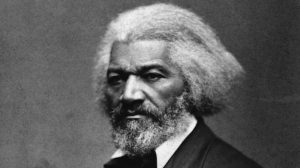


Robert Putnam says our children are in a state of crisis. Those who live in poverty or near-poverty seemed to be doomed to stay there. Those born into families with money will likely go on to enjoy the lives that money affords. His book, Our Kids: The American Dream in Crisis, follows a number of individuals, tracking a list of factors, including the ability to move up or down the economic spectrum.
One pivotal factor is marriage:
Highly correlated is whether or not the mother is married. The breakdown of the traditional family, meaning a married mother and father, is very probably an even greater factor than the class divide, race divide, and education gap – to the point that some refer to marriage as “privilege” in the age of modern segregation.
Putnam’s work also shows that the amount of time parents spend with children is important. Beyond that, parents who spend positive and encouraging time with children is a factor in children moving up the socioeconomic scale.
What I found most interesting is Putnam’s conclusion. It draws on two foundational elements of Catholic social teaching: subsidiarity and solidarity. Putnam is clear: we can save our children, but we need to act. Abby Skeans and Benjamin Kafferlin sum up Putnam’s work:
[T]he solutions to our many problems will e from Washington; es from scaling the ideas e from Toledo and Ferguson.’ He believes it is necessary for Americans to revive munal sense of ‘we’ – that the walls of segregation would fall and we can move past the polarized political environment we find ourselves in and focus on shared problems which will not be solved through policy but through a shift in social will. This shift will be largely championed through social storytelling which delves into the real concerns of real people who see the real solution as fighting for the future of all of our kids, for they are our future.
Read “We Were Poor And Didn’t Know It” at OpportunityLives.









